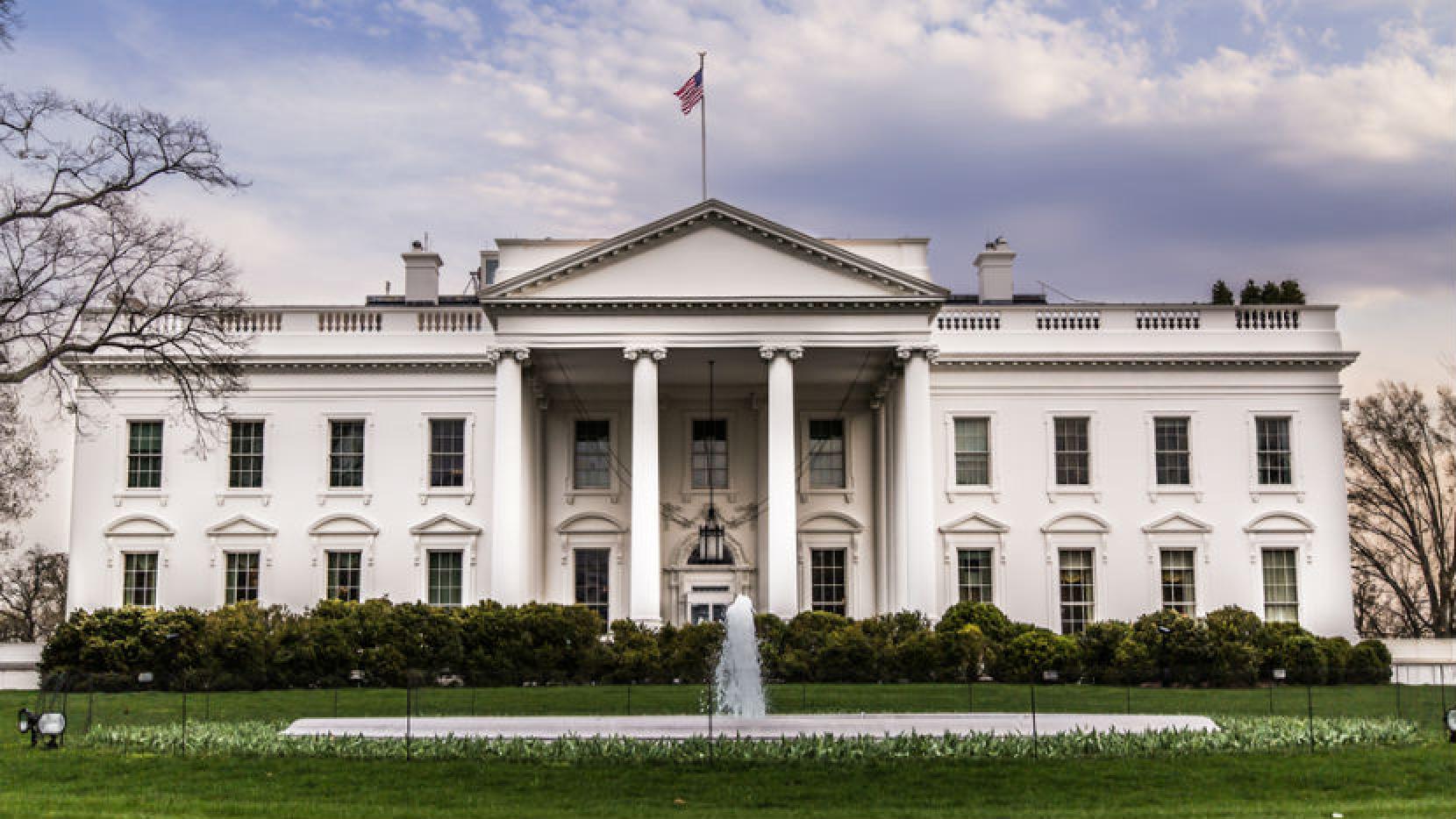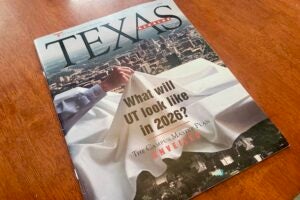The esteem of the American presidency recently hit another low point when President Donald Trump tweeted his displeasure with Nordstrom Department Stores because of the decision to stop carrying merchandise from the company bearing Ivanka Trump’s name.
A few days later, Kellyanne Conway compounded the problem by explicitly urging Fox News viewers to buy Ivanka Trump’s products. Although Trump’s initial outburst seems to have had only a brief dampening effect on Nordstrom stock’s value, the collateral harm from all these events is more worrying, more widespread and longer-term than market price concerns.
The most serious risk from this affair, and others we are likely to see in the future, is to people’s perceptions and expectations.
In terms of formal laws, we exempt the president from many conflicts of interest regulations, a practice that reflects the awesome power and complexity of the office.
While we forbid, for example, the secretary of energy from having stock in energy companies, what rule could ever ensure that a president, who is in charge of all departments, is conflict-free? For this reason, we have relied historically on informal mechanisms – or norms – to ensure that we can trust our president to act for the good of the nation rather than in self-interest.
Trump has refused to take the voluntary steps his predecessors did by fully divesting from his business interests, nor has he made his tax records public so that people can see exactly where sources of potential conflicts lie. Previous presidents did not publicly bully an American company over a business decision that cut off money to a family member, but Trump flouts all such conventions.
Norms retain their power when they are, well, “normal,” routinely considered as a guide to expected behavior. When we call out people for deviating from norms, we prove the norm and its expectations still exist.
Although there has been some bipartisan criticism of Conway’s blatant sales pitch, Republicans have largely abstained from using their influence to criticize the president and thereby uphold norms of anti-corruption. For instance, Sen. John Cornyn of Texas refused to comment on Trump’s “intentions” or “tell the president what to do.”
One has to wonder how Dallas-based Neiman Marcus, which also had to make decisions about what to do with Ivanka Trump’s brand, felt about knowing that their senator will not have their back if they cross Trump.
Others have attributed the outburst to a father’s instinct to protect his daughter, but that argument is oblivious to the fact that chivalry and concerns for family honor exemplify rather than explain away the conflict. The silence and hemming risk making it seem that we expect this of presidents.
It thus falls on the public, you and me, to uphold the norm. In this new administration, concerned citizens must hold on to beliefs that psychologists know will be exceedingly difficult to maintain simultaneously: accept that this behavior is “normal” for Trump – in the sense of it being routine and likely to be repeated, and unlikely to be sanctioned – but not normal or appropriate for the presidency, which includes presidents to come.
We must continue to push for Trump to dial back using his office for his own gain, but if that does not come to pass, we cannot allow him to set the norms for those to come. Otherwise, we risk falling into the trap of believing that this is just what powerful people do. That spells the end for any remaining legitimacy afforded the office of the president. We must remember that these recent events are not normal and never should be.
Mary R. Rose is an associate professor of sociology at The University of Texas at Austin.
A version of this op-ed appeared in the East Bay Times, Fort Worth Star Telegram, Dallas Morning News, McAllen Monitor, and the San Antonio Express News.
To view more op-eds from Texas Perspectives, click here.
Like us on Facebook.




